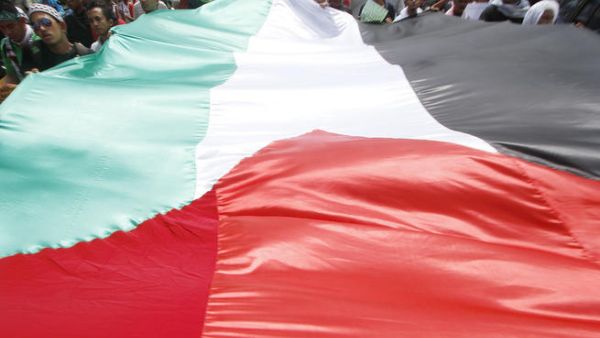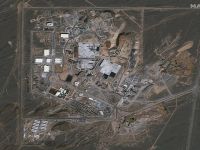Israel's system of checkpoints and restrictions in the occupied West Bank inflicts long-term damage on Palestinians' ability to compete in the global market, the World Bank said in a report on Tuesday.
The policies are causing a contraction in manufacturing and agricultural sectors, "alarmingly" high unemployment and social problems that would outlive any Israeli-Palestinian peace agreement, the organization said.
"The share of exports in the Palestinian economy has … been in steady decline since 1994, dropping to 7 percent in 2011, one of the lowest rates in the world," the report stated.
Following robust GDP growth in recent years, economic activity significantly slowed in 2012, the report said.
"This slowdown reflects in part the absence of further easing of Israeli restrictions, the withdrawal of fiscal stimulus due to a persistent shortfall in donor aid, and uncertainty created by the [Palestinian Authority's] fiscal challenges," it found.
The Palestinian economy is bound closely to Israel's through infrastructure and trade and has few foreign trading partners.
In 2011, Israel received 86 percent of Palestinian exports and provided 73 percent of its imports, a situation the World Bank called "atypical."
Almost a quarter of Palestinians in Gaza and the West Bank are unemployed, contributing to shrinking productive sectors.
Combined with the low rate of 17 percent employment for women, the World Bank said the atrophy of job skills will likely haunt Palestinians into the future.
"The longer the current, restrictive situation persists, the more costly and time-consuming it will be to restore the productive capacity of the Palestinian economy," it said.
The quality of infrastructure in key sectors like water and transport is deteriorating and causing damage to the long-term viability of the economy, with the impact most severe in Gaza where "significant resources are required" to bring it up to a desirable level.
The report suggested $870 million was needed for Gaza's water and wastewater sector, $430 million for municipal services, $200 million for the electricity sector and $1 billion for the road sector.
"Continued financial support by the donor community and reform efforts by the PA are therefore essential to manage the financing shortfalls of today," the authors wrote, while stressing the need for much greater attention must be given to the removal of obstacles to allow real private sector-led growth.
The World Bank issued a similar report on Israel’s policy stifling Palestinian economic growth in September 2012








